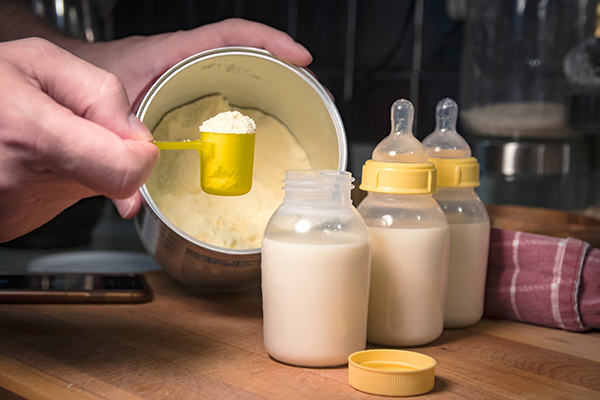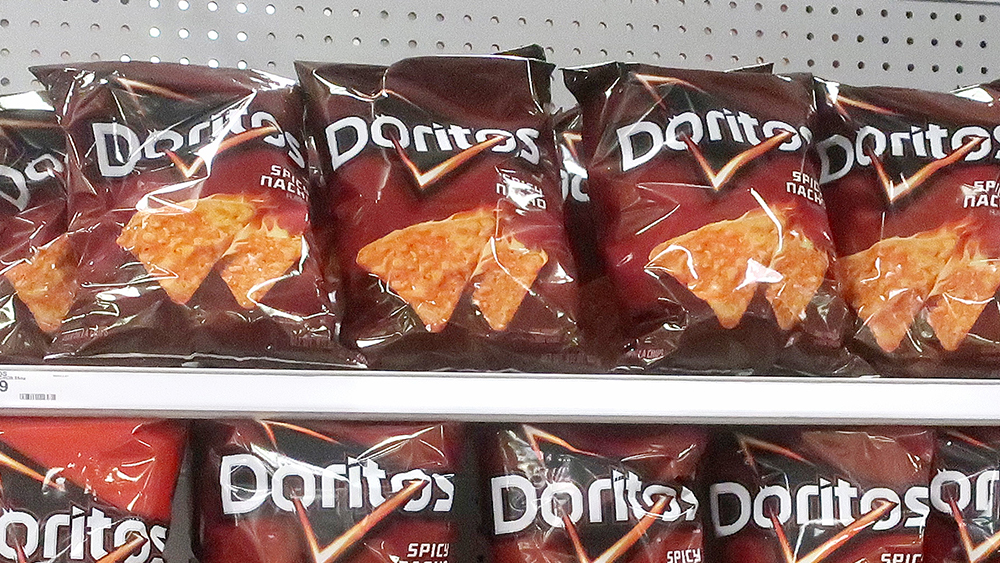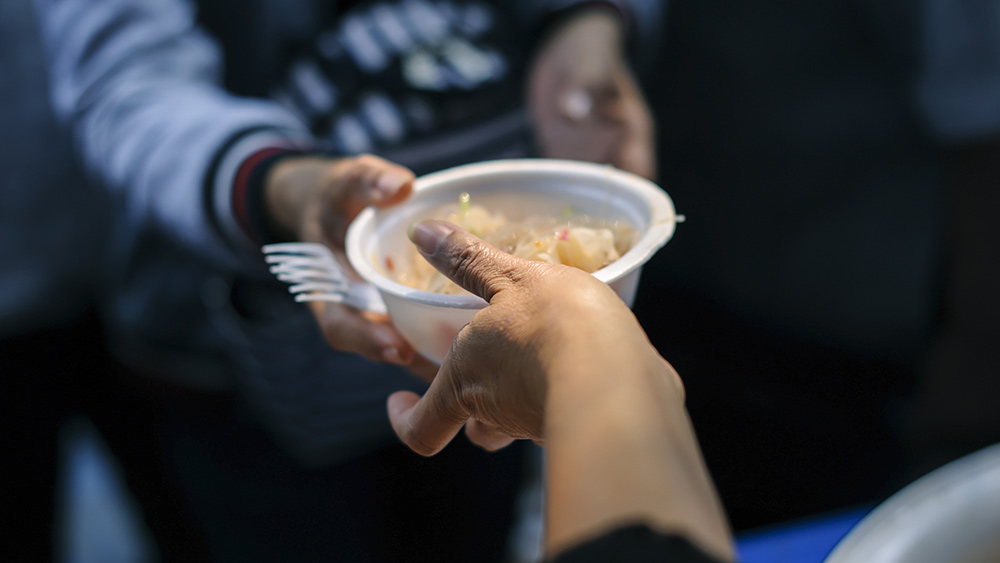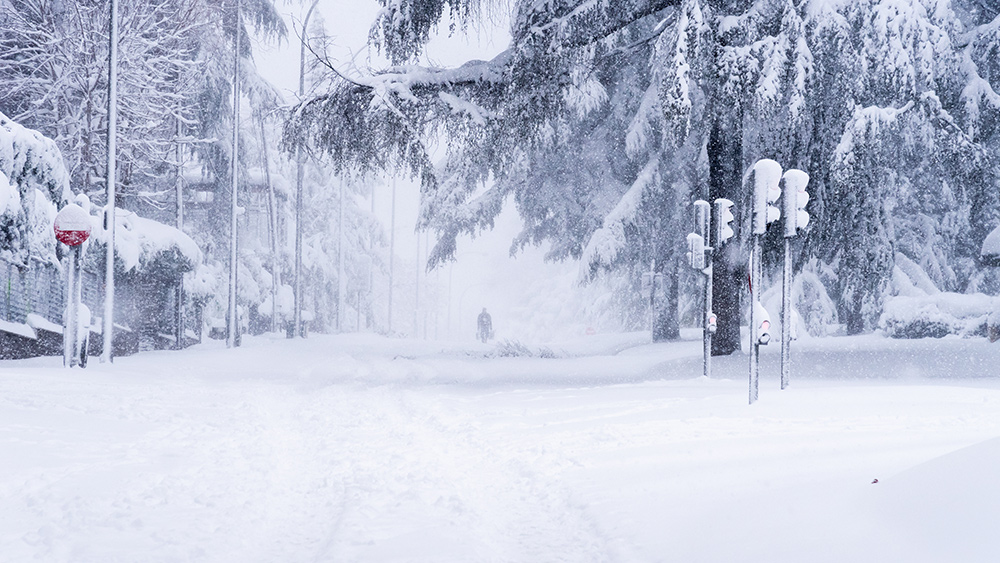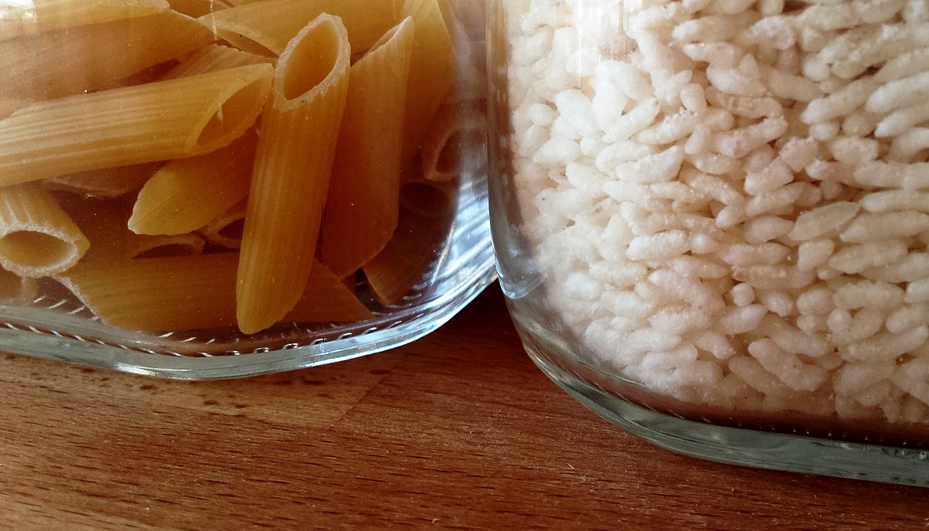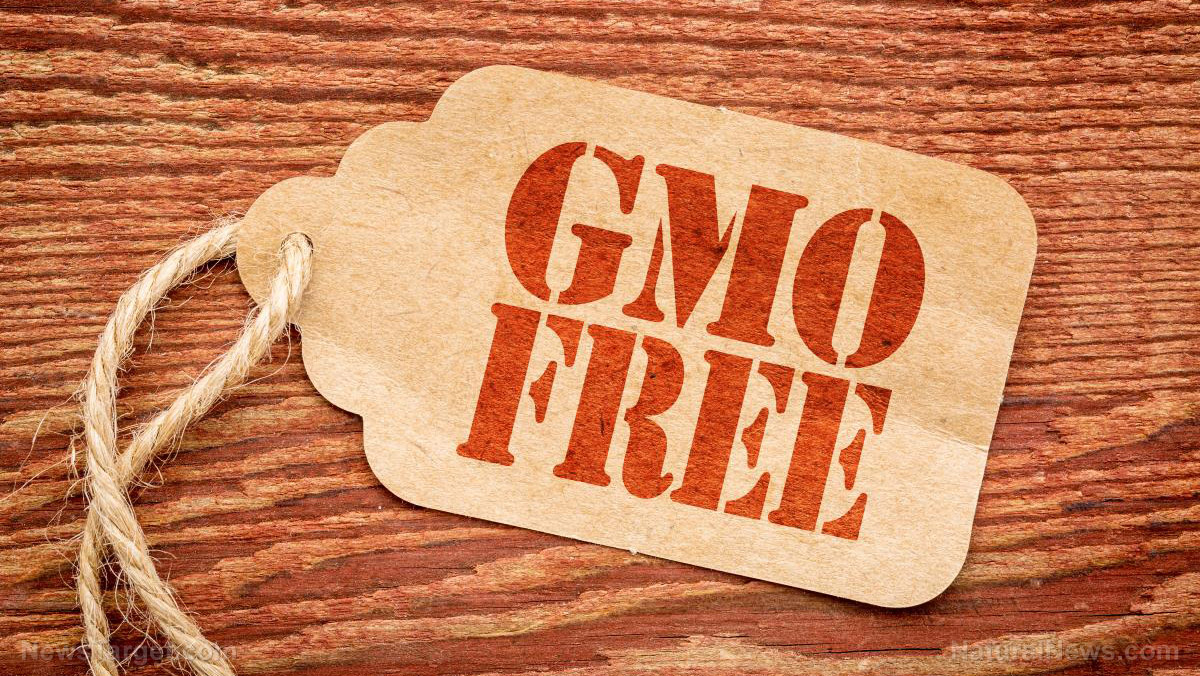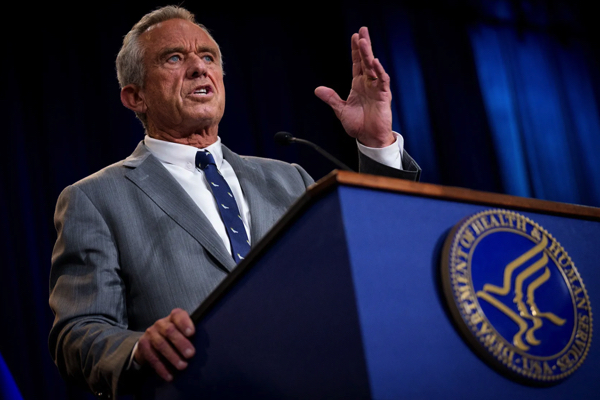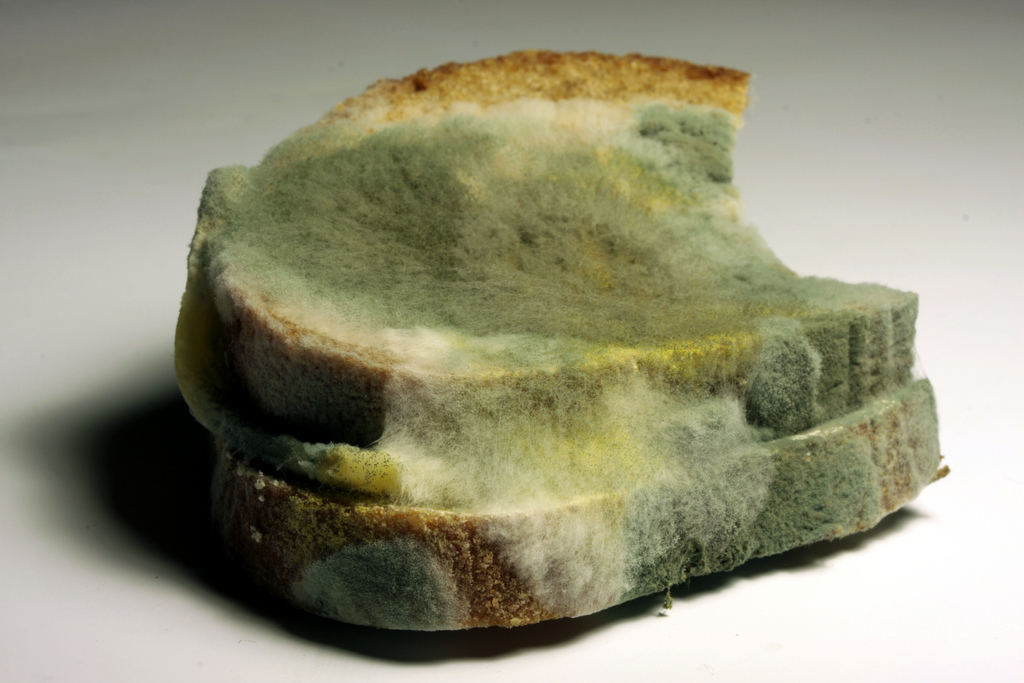Full SNAP benefits restored after shutdown, but program faces scrutiny over fraud claims
11/14/2025 / By Belle Carter
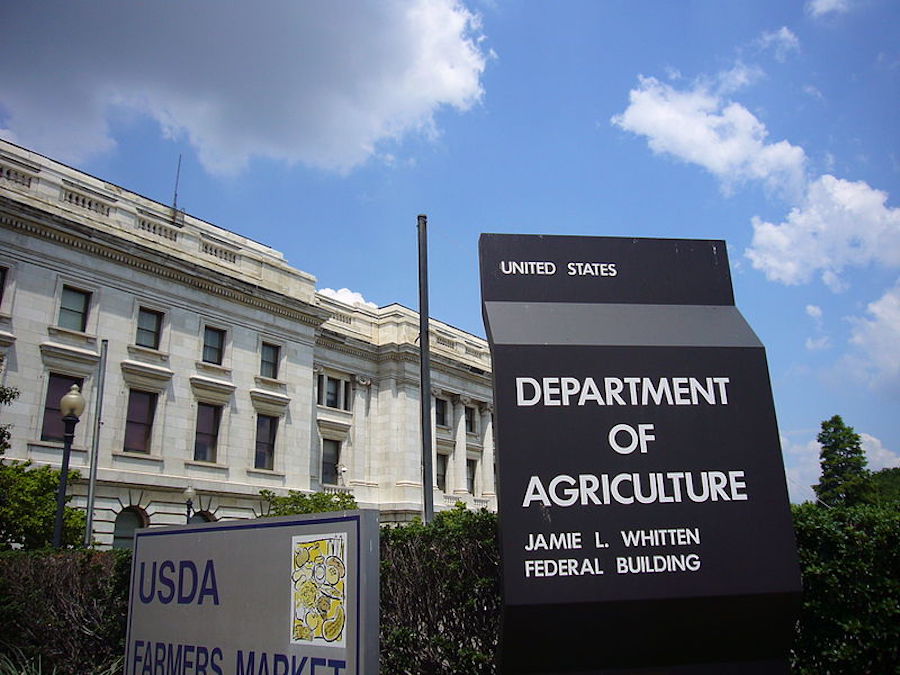
- Full Supplemental Nutrition Assistance Program (SNAP) benefits will be reinstated by Nov. 17 following a 43-day government shutdown that disrupted payments, forcing states to issue partial or delayed assistance.
- This was the first time in SNAP’s history that full payments were interrupted, leading to legal battles and uneven state responses—some states restored benefits quickly, while others faced delays or issued partial payments.
- The Trump administration resisted using contingency funds, arguing for fiscal responsibility, leading to Supreme Court intervention. Democrats and Republicans clashed over blame, with Agriculture Secretary Brooke Rollins accusing Democrats of refusing to fund SNAP.
- Rollins claimed audits revealed 186,000 deceased individuals still receiving SNAP benefits, potentially bolstering Republican efforts to tighten eligibility, impose work requirements and restrict purchases like sugary drinks in states like Arkansas and Utah.
- Despite temporary relief, the program remains contentious, with past Farm Bill cuts ($186 billion over a decade) and ongoing fraud allegations signaling future reforms and political battles over funding, oversight and eligibility.
The Supplemental Nutrition Assistance Program (SNAP) will see full benefits restored by Monday, Nov. 17, Agriculture Secretary Brooke Rollins announced Thursday.
The announcement comes after a 43-day government shutdown threatened funding for the program, triggering legal battles and leaving states scrambling to distribute partial payments. While the immediate crisis has passed, Rollins raised concerns about systemic fraud, alleging that thousands of deceased individuals remain on SNAP rolls—a claim likely to fuel further debate over the program’s future.
As explained by BrightU.AI‘s Enoch, SNAP is a government program providing food assistance to 42 million low-income individuals and families through electronic benefits.
The government shutdown marked the first time in SNAP’s history that full payments were disrupted, forcing states to adopt varying strategies. Some, like West Virginia, assured recipients that benefits were fully restored. Gov. Patrick Morrisey emphasized, “No one was going to go hungry.”
Others, however, faced delays. Legal expert Stewart Fried noted that 19 states issued full benefits quickly, while 18 provided partial payments and 13 made no November disbursements at all.
The Trump administration had argued that using contingency funds for SNAP violated fiscal responsibility, leading to a Supreme Court intervention. Justices initially ruled to partially reinstate benefits but later blocked full payments—a decision rendered moot when Congress passed funding legislation to reopen the government.
Political finger-pointing and long-term concerns
Rollins placed blame squarely on Democrats, telling CNN, “Fifteen different times the Democrats voted not to fund SNAP… This effort to put the blame on President Trump or on [USDA] is, from my perspective, comical.”
Yet critics argue the administration’s reluctance to tap reserves exacerbated hardship for vulnerable families.
Beyond the shutdown, Rollins doubled down on allegations of fraud, claiming audits uncovered “186,000 dead people” receiving benefits—a figure she called “remarkable.” While she did not provide immediate evidence, the assertion aligns with Republican-led efforts to tighten SNAP eligibility, including work requirements and restrictions on purchasing sugary drinks in states like Arkansas and Utah.
With funding secured through the fiscal year, beneficiaries can breathe easier—for now. But the program remains contentious. The 2018 Farm Bill already imposed $186 billion in cuts over a decade, and Rollins’ fraud claims may bolster further reforms. Meanwhile, states must navigate administrative hurdles to deliver back payments swiftly.
The restoration of SNAP benefits ends a tense chapter for millions of Americans who rely on food assistance. Yet the shutdown exposed vulnerabilities in the program’s funding structure, while Rollins’ fraud allegations signal looming political battles. As debates over eligibility, oversight and budget cuts continue, one thing is clear: SNAP’s future hinges on both fiscal policy and public trust.
Watch the video below that talks about SNAP looting and chaos as illegals vote during the federal shutdown.
This video is from the TREASURE OF THE SUN channel on Brighteon.com.
Sources include:
Submit a correction >>
Tagged Under:
big government, Brooke Rollins, democrats, Farm Bill, food aid, food assistance, food supply, government spending, money supply, nutrition, Republicans, SNAP, USDA
This article may contain statements that reflect the opinion of the author
RECENT NEWS & ARTICLES
COPYRIGHT © 2017 FOOD SUPPLY NEWS



